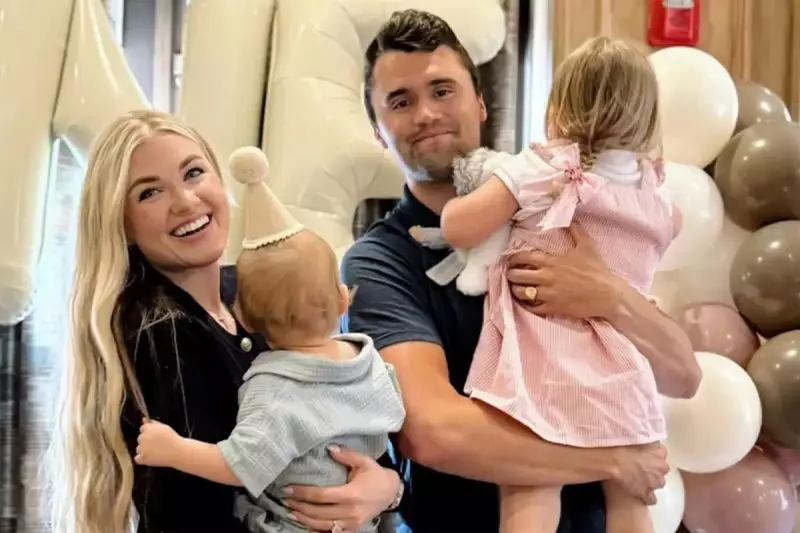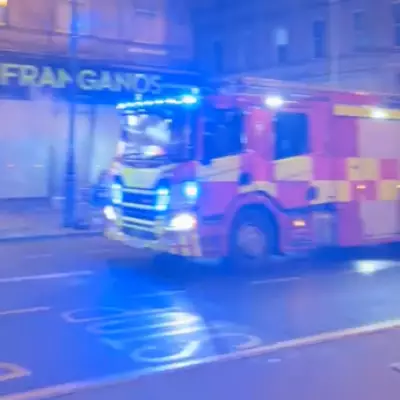
The chilling final conversation between Erika Kirk and her husband, moments before he was shot dead outside their home, forms the heart of a devastating new account of the assassination that has shocked a community.
In an exclusive and deeply personal interview, the widow has come forward not only to share her profound grief but to issue a stark warning about the incendiary political rhetoric she holds responsible for the tragedy.
A Premonition of Violence
Erika reveals her husband had expressed a specific, growing fear in the weeks leading up to his death. He wasn't worried about a random act of violence; he was terrified of a politically motivated attack, convinced that the toxic and divisive language dominating public discourse had painted a target on his back.
His fears, she now knows, were tragically prophetic.
The Final Moments
On the day of the assassination, the couple shared a mundane, loving exchange just before he left the house—ordinary words that have since become sacred and painful memories for Erika. Shortly after, the sound of gunshots shattered the calm of their neighbourhood.
The article details the frantic moments that followed: the panic, the police response, and the horrifying realisation that her husband's worst nightmare had been realised on their own doorstep.
A Widow's Condemnation
While a suspect is in custody, Erika Kirk's focus has turned to a broader accusation. She directly implicates high-profile political figures and media personalities who trade in anger and conspiracy theories, arguing they create an environment where unstable individuals feel justified to commit acts of violence.
Her powerful testimony is a raw indictment of the 'us vs. them' mentality that has come to characterise modern political debate. She challenges these influencers to consider the real-world, human cost of their words.
Life After Loss
Beyond the political message, Erika's story is one of immense personal loss and the daunting task of rebuilding a life for herself and her children. She speaks candidly about the void left by her husband's death, the trauma her family endures, and the struggle to find a semblance of normalcy amidst overwhelming grief and public scrutiny.
Her decision to speak out is framed not as a quest for sympathy, but as a necessary act to give meaning to her husband's death and to hopefully prevent other families from suffering a similar fate.





